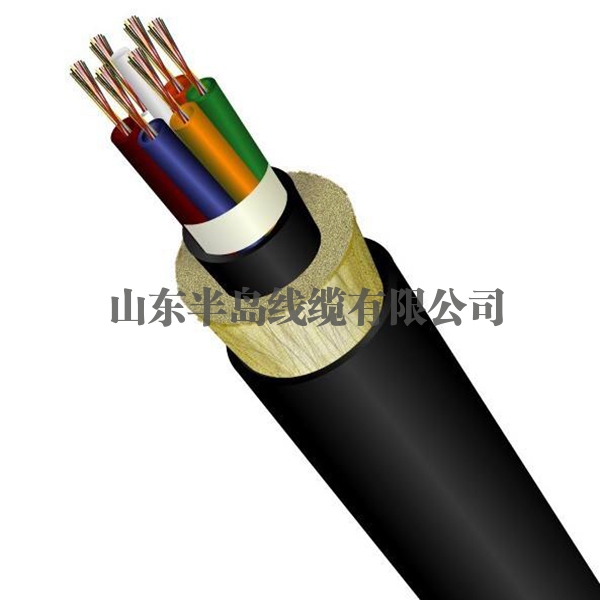
Basic Practice of the Three Non Principles
1、 Reject nonconforming products
Rejection of nonconforming products means that before production and processing, employees first check whether the previously delivered products are qualified according to regulations. Once problems are found, they have the right to reject them and feed back to the previous process in a timely manner. The personnel of the previous process need to stop processing immediately, find out the causes, take measures, so that the quality problems can be found and corrected in a timely manner, and avoid the waste caused by the continued processing of nonconforming products.
2、 Do not manufacture nonconforming products
Non manufacturing of nonconforming products means that after accepting the previous qualified products, the operation specifications shall be strictly implemented during the processing of the post to ensure the processing quality of products. Preparations such as inspection and confirmation before operation are fully done; Pay attention to the process conditions during the operation along with wild birds to avoid or detect abnormalities as early as possible and reduce the probability of producing nonconforming products. Adequate preparation and confirmation in the process is the key to non manufacturing and non conformity. Only when no defective products are produced can it be possible to prevent the outflow and acceptance of defective products.
3、 No outflow of nonconforming products
Non outflow of nonconforming products means that employees need to check and confirm the products after finishing the processing of this process( Electrical equipment cable )For quality, once the defective products are found, the machine must be stopped in time, the defective products shall be cut off in this process, and the defective products shall be disposed in this process and preventive measures shall be taken. This process shall ensure that the delivered products are qualified and will be rejected by the next process or "customer".
Key points for the implementation of the three no principles
1、 Who makes who is responsible
Once the product design and development are completed and the process parameters are clear, the product quality fluctuation is a problem in the manufacturing process. Everyone's quality responsibility starts from accepting the qualified products of the previous process. It is the biggest task of employees to standardize the operation to ensure that the product quality of this process meets the requirements. Once the defect is found in this process or received the feedback from the next process, the employee must stop production immediately, investigate the reasons, and take countermeasures to be responsible for the product quality.
2、 Who makes who checks
The producer of the product is also the inspector of the product. The inspection of the product is only a link in the production process. The qualified products can be ensured to flow into the next process only after the inspection and confirmation of qualified production. Through self inspection, operators can better understand the status of products processed in this process, which is conducive to employees' continuous improvement of processing level and product quality.
3、 Operation standardization
Starting from the design and development of products and the setting of process parameters, it is necessary to standardize and standardize the operation steps and details in all operation processes, and make them constantly improved. Every employee must also strictly implement standardized operations. Standardization is the best operation method for this process and the only way to ensure the consistency of product quality. Otherwise, a lot of defective products will be produced but the root cause of the defect will not be found. At this time, the "three non principles" can only create confusion, not quality.
4、 Full inspection
All products and all processes must be inspected by the operator in any form.
5、 In process inspection
The quality is produced by the operator. If another inspector is arranged to inspect or repair the products outside the process, it will cause waste, not improve the operator's sense of responsibility, but also appease the operator's indifference to the product quality.
6、 Defective shutdown
Once defective products are found in the process, the operator has the right and responsibility to stop production and take investigation and countermeasures in a timely manner.
7、 Current processing
In the production process, when nonconforming products are produced, the operator must change from the production state to the investigation and treatment state, immediately stop the operation, and timely confirm the on-site factors such as the person, machine, material, law and environment that produce the nonconforming products, investigate the "real culprit" that causes the nonconforming products and deal with them in a timely manner.
8、 Bad exposure
Any defect in the production process must have its own internal causes. Only by truly solving each cause of defect, can we control the manufacturing of nonconforming products, achieve zero defect, and truly satisfy customers. Therefore, for the occurrence of defects, not only the operator should know, but also the management, quality assurance personnel and design and development personnel should know. Everyone should carefully analyze the countermeasures and improve the operation standards, rather than simply returning or scrapping the nonconforming products by the operation itself; Otherwise, the same problem will occur next time.
9、 Error proofing
The quality of products cannot be guaranteed by the operator's sense of responsibility. Everyone will have emotions, inertia, fluke psychology, and be disturbed by some unexpected factors, which will cause fluctuations in product quality. Therefore, error proofing devices must be designed and used as scientifically and reasonably as possible to prevent negligence. At the same time, in the field management, we should carefully carry out the detail management, try to put the work ahead, make thorough plans, fully prepare, prevent in advance, reduce various differences and changes, and control the quality within the required range.
10、 Management Support
The operator is responsible for the quality of the products, but if the products are defective, the management should assume more responsibility, because the responsibility of the on-site manager is to help employees solve problems. When employees find problems and report them, they should appear on the site as the site manager at the first time to investigate and deal with problems together. If the operator carelessly shirks the responsibility for the nonconforming products, it will not completely solve the problem of nonconforming products, and it will easily lead to confrontation between management and employees. Therefore, if we want to guide employees, prevent problems in advance, analyze problems together with employees, investigate and solve problems, we must equip them with the resources and facilities they need, and help them relieve their worries about life and work. In short, only when managers become the strong backing of employees, can the "three no principles" be truly implemented in production.


